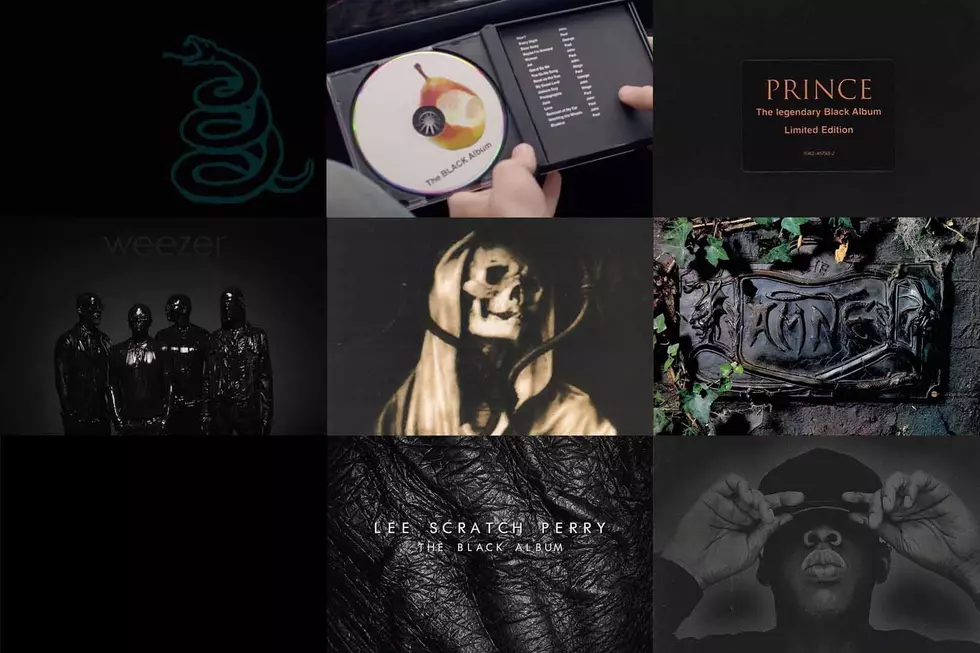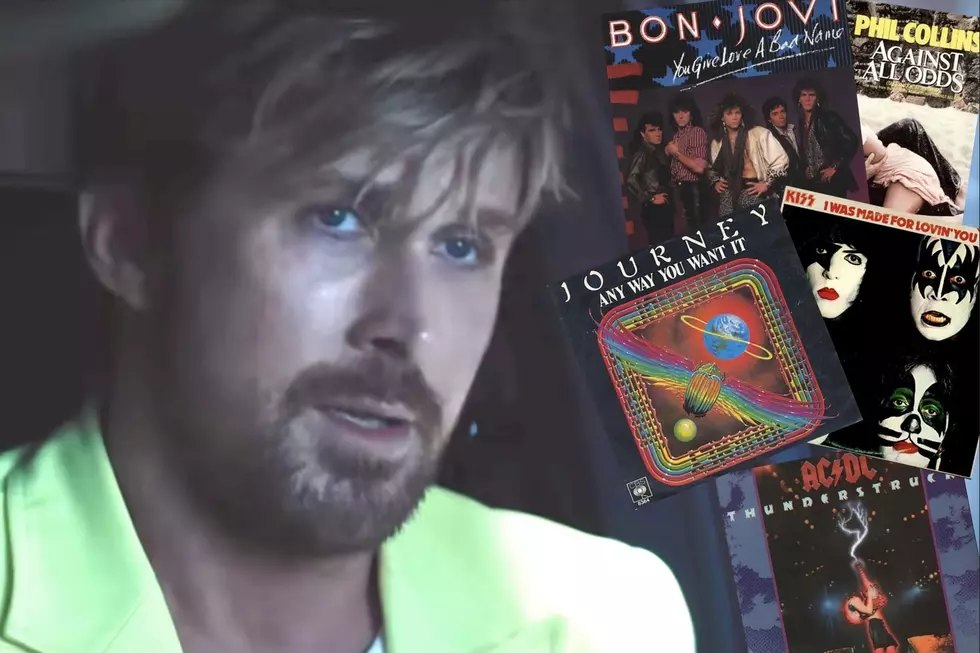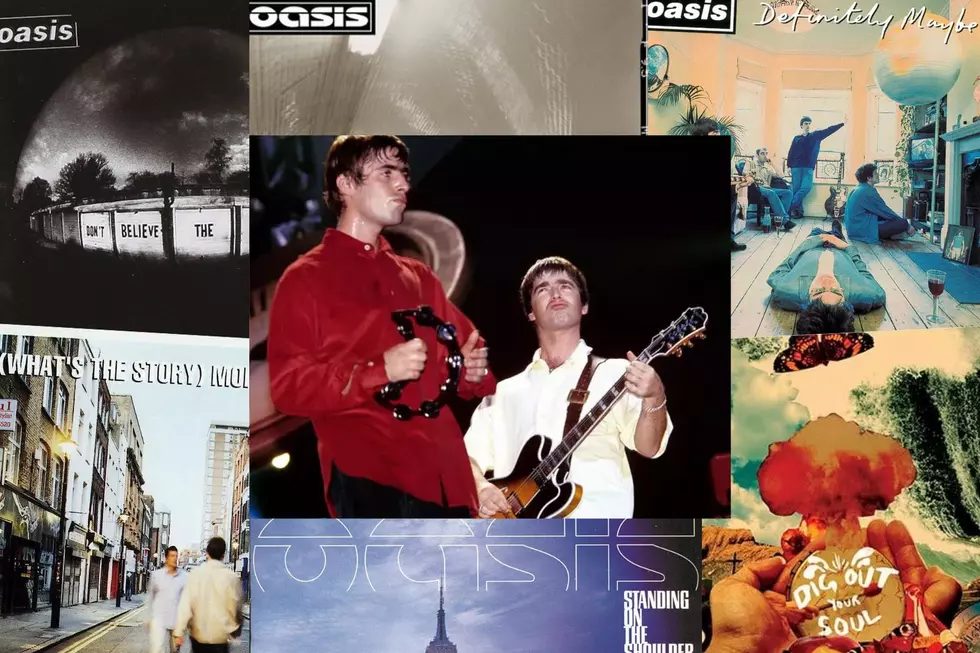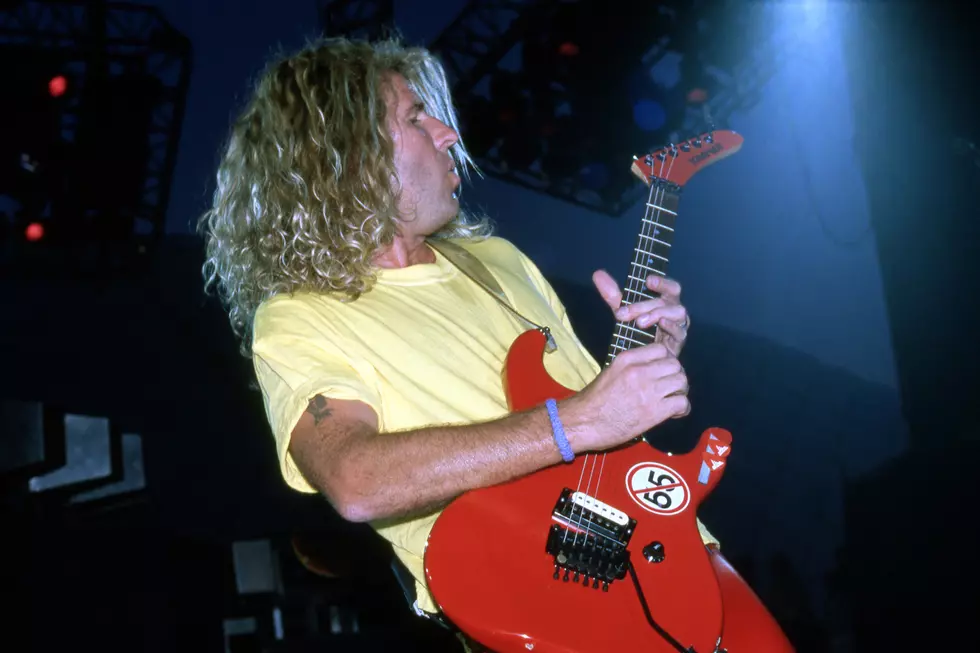
‘The Black Album’ Throughout History: Metallica, Spinal Tap and 30 More
When the Beatles released an all-white cover for their 1968 self-titled record, fans quickly began referring to the work as the White Album. Since then, many artists have looked to the polar opposite of the color spectrum for inspiration, resulting in dozens of so-called "Black Albums" over the years.
Metallica released the most famous Black Album in 1991. The self-titled LP found them making the move from the biggest metal band in the world to true rock superstars. They've admitted the record's all-black cover art was a tribute to the fictional Spinal Tap, who, in the classic 1984 movie This Is Spinal Tap, were forced to put out their album Smell the Glove with an all-black cover after their label refused to release the original, sexually offensive artwork.
Spinal Tap's record isn't the only fictional Black Album we found. There's a 2006 unofficial Marilyn Manson compilation called The Black Album, and a collection of solo Beatles recordings actor Ethan Hawke made for his daughter that became famous in his 2014 movie Boyhood.
Prince's reputation as a prolific, but temperamental, artist was cemented in 1987, when he shelved his Black Album after a change of heart, though it came out, briefly, seven years later. The title has also been used for projects by Weezer, the Damned, Jay-Z and a slew of lesser-known artists around the world who play everything from electronic to hip-hop to psychobilly music.
We've also included a bunch of LPs that aren't technically called "Black Albums" but have become known for the mostly black cover art -- records by AC/DC, Eagles, the Velvet Underground and others. Check it all out below.
More From Ultimate Classic Rock









